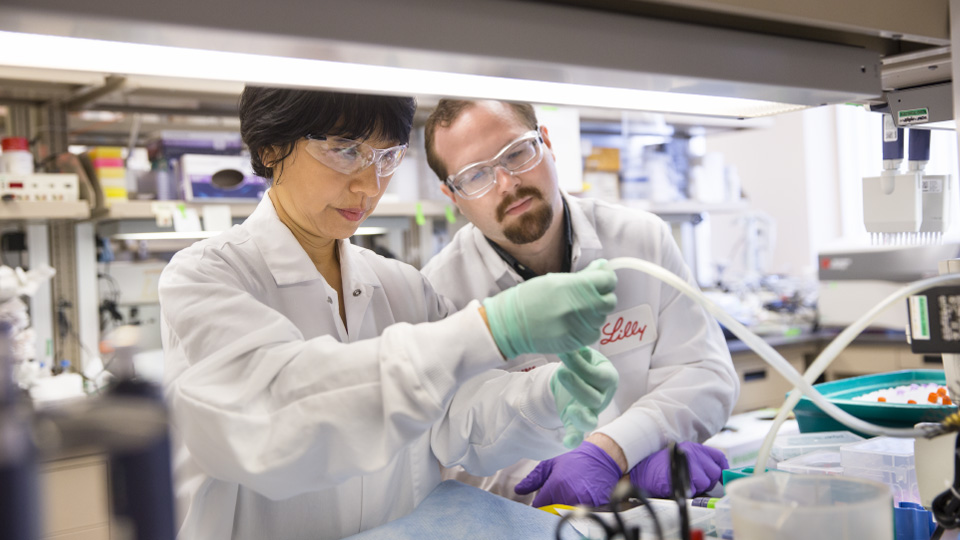FDA makes another approval for Jardiance
Subscriber Benefit
As a subscriber you can listen to articles at work, in the car, or while you work out. Subscribe Now
The U.S. Food and Drug Administration has approved Jardiance, developed by Indianapolis-based Eli Lilly and Co., to lower blood sugar along with diet and exercise in children ages 10 and up with type 2 diabetes. Lilly said the move comes as type 2 diabetes is a growing concern for young people with 5,700 new cases each year.
Jardiance is a prescription medication used to reduce the risk of cardiovascular death and hospitalization for heart failure and lower blood sugar along with diet and exercise in adults and now children.
“As the burden of type 2 diabetes increases among young people, so does the need for additional treatment options with proven clinical benefits,” said Dr. Lennart Jungersten, Boehringer Ingelheim Medicine & Regulatory Affairs senior vice president, in a news release. “This FDA approval marks an important milestone in helping address a clear unmet need for oral treatment options, in addition to metformin, to lower A1c in this rapidly rising population.”
German company Boehringer Ingelheim and Lilly formed an alliance in 2011 to leverage their strength to make strides improving patient diabetes treatment. Jardiance is marketed by the two companies.
It was after a DINAMO Phase III trial, where Jardiance had a statistically significant reduction in the primary endpoint of change from baseline in A1c at 26 weeks compared with placebo in 10- to 17-year-old kids with type 2 diabetes, that the FDA gave its sign-off.
“This decision brings us one step closer in our efforts to improve outcomes for this population and supports our larger commitment to advance treatment options for people living with a range of cardiometabolic conditions,” said Dr. Leonard Glass, Lilly Diabetes & Obesity Global Medical Affairs senior vice president.
The medication, empagliflozin, is not recommended to treat patients with type 1 diabetes or to lower blood sugar in adults with type 2 diabetes who have severe kidney problems, because it may not work, Lilly said.
